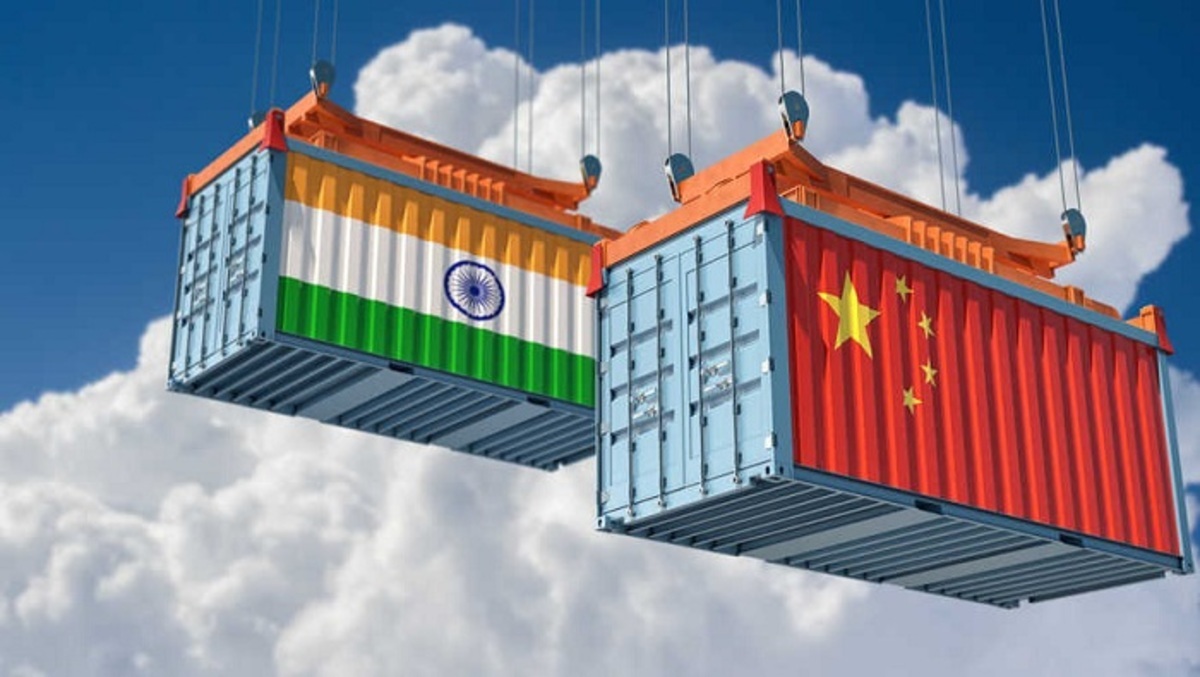Context:
India initiates anti-dumping probe into imports of solar glass from China, Vietnam.
Background:
Solar glass is used to make solar panels and modules for renewable energy generation. India is one of the largest markets for solar power, and has set a target of installing 450 gigawatts of renewable energy capacity by 2030.
About Anti Dumping Duty:
- Anti-dumping duty is a tariff imposed by a government on imported goods that are sold at a price lower than their normal value in the exporting country.
- The purpose of anti-dumping duty is to protect the domestic industry from unfair competition and trade distortion caused by dumping.
- The World Trade Organization (WTO) regulates dumping practices through the Anti-Dumping Agreement, which sets forth the rules and procedures for the investigation, determination, and application of anti-dumping measures by WTO members.
According to the Anti-Dumping Agreement, a WTO member can impose anti-dumping measures if it can prove that:
- The imports are being sold at a price below their normal value in the exporting country.
- The dumping is causing material injury to the domestic industry producing similar goods.
- There is a causal link between the two.
Authority to impose anti- dumping duty in India:
- The Ministry of Finance has the final authority to impose anti-dumping duty on the imports that are found to be dumped and causing injury to the domestic industry.
- The Ministry of Finance acts on the basis of the recommendations of the Directorate General of Trade Remedies (DGTR), which conducts the investigation and determines the existence and extent of dumping and injury.
- The Directorate General of Trade Remedies (DGTR), is a part of the Ministry of Commerce and Industry, which is responsible for formulating and implementing the foreign trade policy and dealing with multilateral and bilateral

.jpg)


Comments (0)